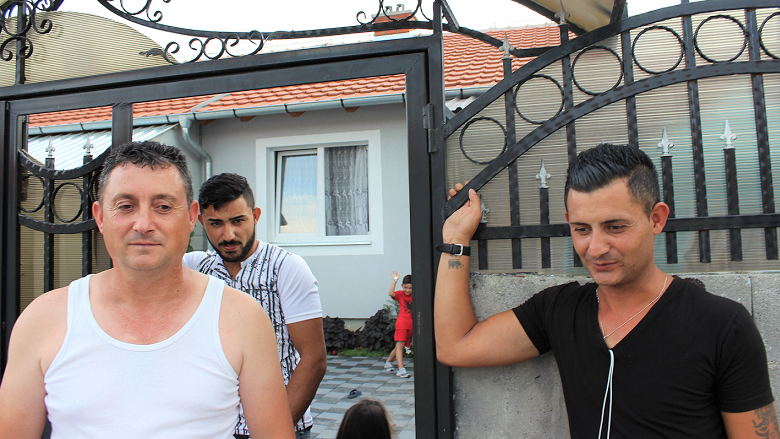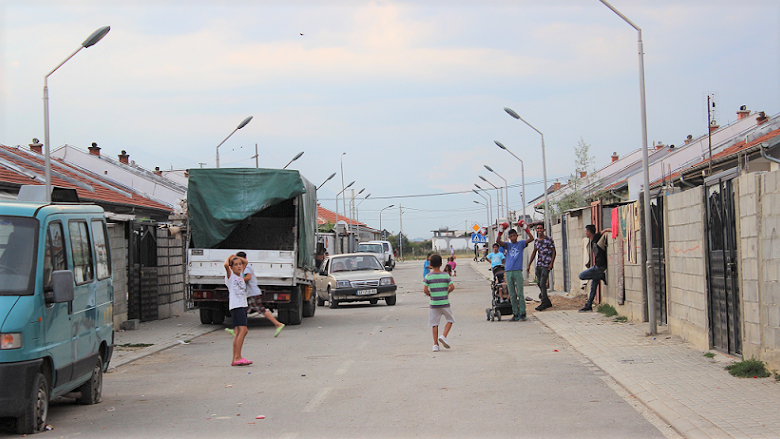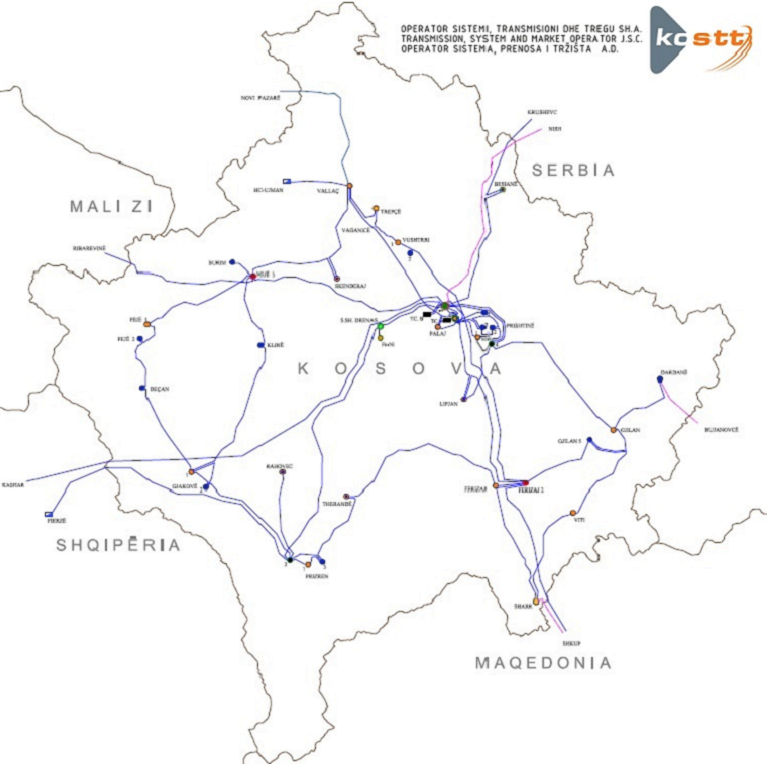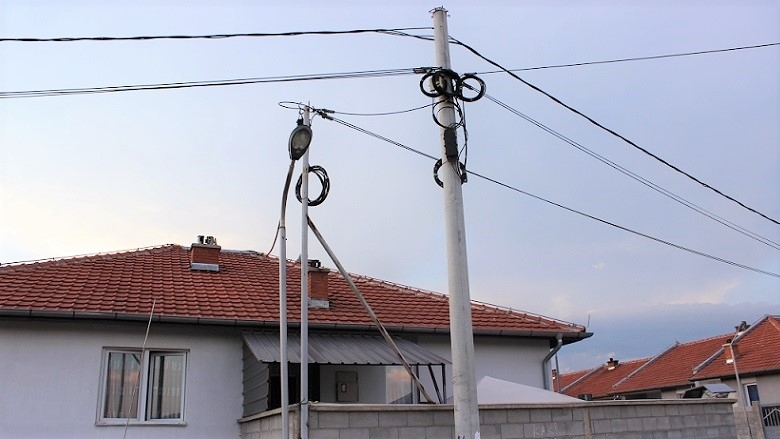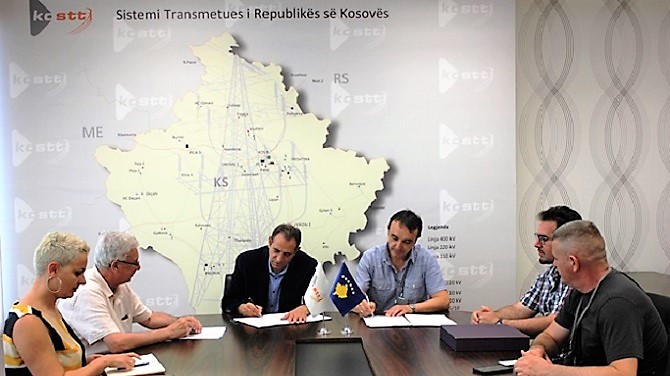“We have increased our capacity to provide internet services and improve the quality of all the services we offer to clients,” says Fatos Stavileci. “This is a good base for the development of our company, for the internet, and for the communications technology market in the country,” he adds.
In mid-2016, Fiberlink, along with two other internet service providers (ISPs) operating in neighboring municipalities - Vista and AceWaves - expressed interest in the fiber assets owned by KOSTT. In June 2017, KOSTT and the three ISPs negotiated and signed a contract – the first transaction of its kind in Kosovo and one that directly impacts over 30,000 customers. With access to KOSTT’s network, the company is now positioned to expand their customer base even further – potentially covering around 60,000 households (accounting for 300,000 residents) in the southwestern part of Kosovo.Kosovo’s Electricity Transmission System, KOSTT, has built a new, 1109 kilometer Optical Power Ground Wire network. In June 2017, KOSTT signed the first agreement on leasing the fibre optic network with three, licensed, local telecommunication service operators. This infrastructure-sharing initiative was supported by technical assistance from the World Bank.
“Our idea from the beginning has been to share a part of our fibre optic network for commercial purposes that would increase the possibilities for efficient and low cost telecom service for customers,” says Kadri Kadriu, Acting Chief Executive Officer of KOSTT. “The World Bank supported KOSTT with studies and expertise on best practices on utilizing this capacity in the future.”
KOSTT has installed over 1,100 km of optical fiber on its high-voltage electricity transmission towers, thereby creating a powerful broadband network to deliver communications and information services to all major settlements in Kosovo.
By actively sharing its spare fiber infrastructure, KOSTT is living up to its regulatory and public commitments as a state-owned utility. In addition, this approach will help fill existing broadband infrastructure gaps in rural areas, where over one third of households currently have no commercial access to broadband. KOSTT’s opening up of its fiber network to commercial leasing will be indispensable in bridging this digital divide.
Demand for fixed and mobile broadband services is expected to increase significantly in Kosovo. The number of fixed broadband subscribers is projected to increase by 126% between 2015 and 2020, and mobile broadband subscribers by 205% during the same period. This trend presents significant commercial opportunity within the country.
Eshref Mazreku, CEO of Vista, recounts a story about one of his customers in the village of Studenicani, near the town of Suhareka. A farmer who breeds cows has installed an internet video surveillance system to guard his cattle.
“The farmer thanks me every time I see him,” says Mazreku. “He says that now his customers don’t need to come to him to get meat. Instead, he’s selling it online.”
Funding for this activity was provided by the Public-Private Infrastructure Advisory Facility (PPIAF)*.
